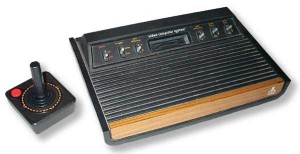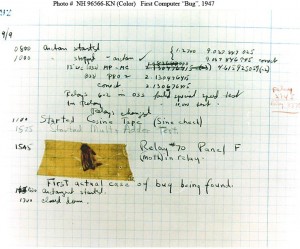First Test of an Integrated Circuit
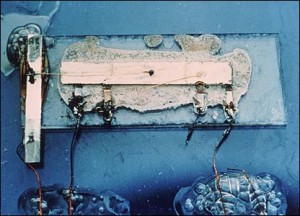
Researcher Jack Kilby demonstrates the first integrated circuit to other researchers and executives at Texas Instruments.
International Cometary Explorer Passes Through Comet
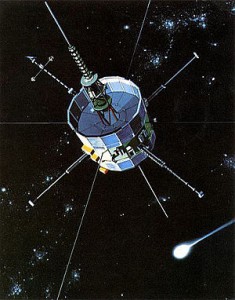
The International Cometary Explorer passes through the gas tail of comet P/Giacobini-Zinner, the first ever man-made object to pass through the tail of a comet.
Atari Launches Home Video Gaming
Atari releases their Video Computer System (known as the VCS and later as the Atari 2600). It took two years for the VCS to gain traction, but by 1979 it was the best selling gift of the Christmas season. Once it was established, the Atari VCS took the market by storm, popularized home video gaming, and helped cement the video game movement into mainstream culture.
The First Internet Search Engine
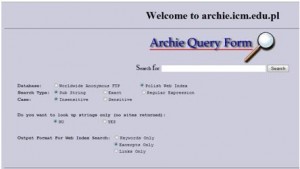
The first Internet search engine, Archie, is launched. It was used to index FTP archives to make finding files easier. However, as the technology for the World Wide Web was not invented until later in the year, it was not the first web search engine.
The First Computer “Bug”
Operators of the Harvard Mark II find a moth trapped in relay #70 in panel F. The bug is taped to their troubleshooting log where it was written, “First actual case of bug being found”. This was not the first use of the term “bug” for computer problems, but this was the first time the term “debug” was used.
RIAA Sues A Twelve-Year Old

The Recording Industry Association of America (RIAA) sues 261 people for sharing music on Internet peer-to-peer networks, including 12-year old Brianna LaHara. Eventually bringing suit against at least 30,000 people, the RIAA intended to reduce the amount of music being shared, but instead generated a public backlash against the established recording industry.
iPod Nano Introduced
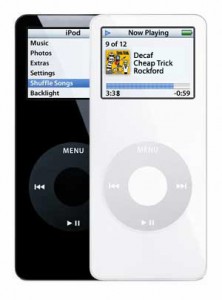
Apple introduces the iPod Nano, effectively replacing the iPod Mini. The move surprised many in the industry, as the iPod Mini was extremely popular. However, the use of flash storage instead of a hard drive allowed for a much smaller form factor, increased reliability, and better battery life. These improvements proved extremely popular with consumers as one million units were sold in the first 17 days. The pioneering use of flash storage in a consumer electronic device paved the way for its use in many future Apple product designs, such as the iPhone, iPad, and flash storage-based MacBooks.
“Google Satellite” GeoEye-1 Launched
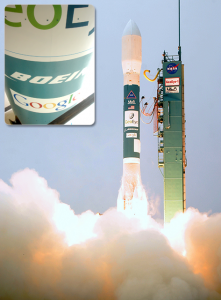
After 5 months of delays, the high resolution earth observation satellite, GeoEye-1, is launched from Vandenburg Air Force Base. Owned by the corporation GeoEye, Inc., GeoEye-1 is capable of taking high resolution images with detail of down to 16 inches. However, the US Government has restricted that resolution for its own use. Commercial usage is limited to resolutions with detail down to 20 inches. As the exclusive licensee of the images for online mapping purposes, Google had its logo on the Delta II rocket that was used to launch GeoEye-1.
Last IBM “Stretch” Computer Shut Down

The last IBM 7030 “Stretch” mainframe in active use is decommissioned at Brigham Young University. The first Stretch was delivered to Los Alamos National Laboratory in 1961, giving the model almost 20 years of operational service. The Stretch was famous for many things, but perhaps most notably it was the first IBM computer to use transistors instead of vacuum tubes, it was the first computer to be designed with the help of an earlier computer, and it was the world’s fastest computer from 1961 to 1964.
Google Files for Incorporation

Larry Page and Sergey Brin file incorporation papers for Google in California. Filing on a Friday, the date of official incorporation would be marked as Monday, September 7th. Starting out as a privately held company, Google would hold their IPO about 6 years later on August 19, 2004.

